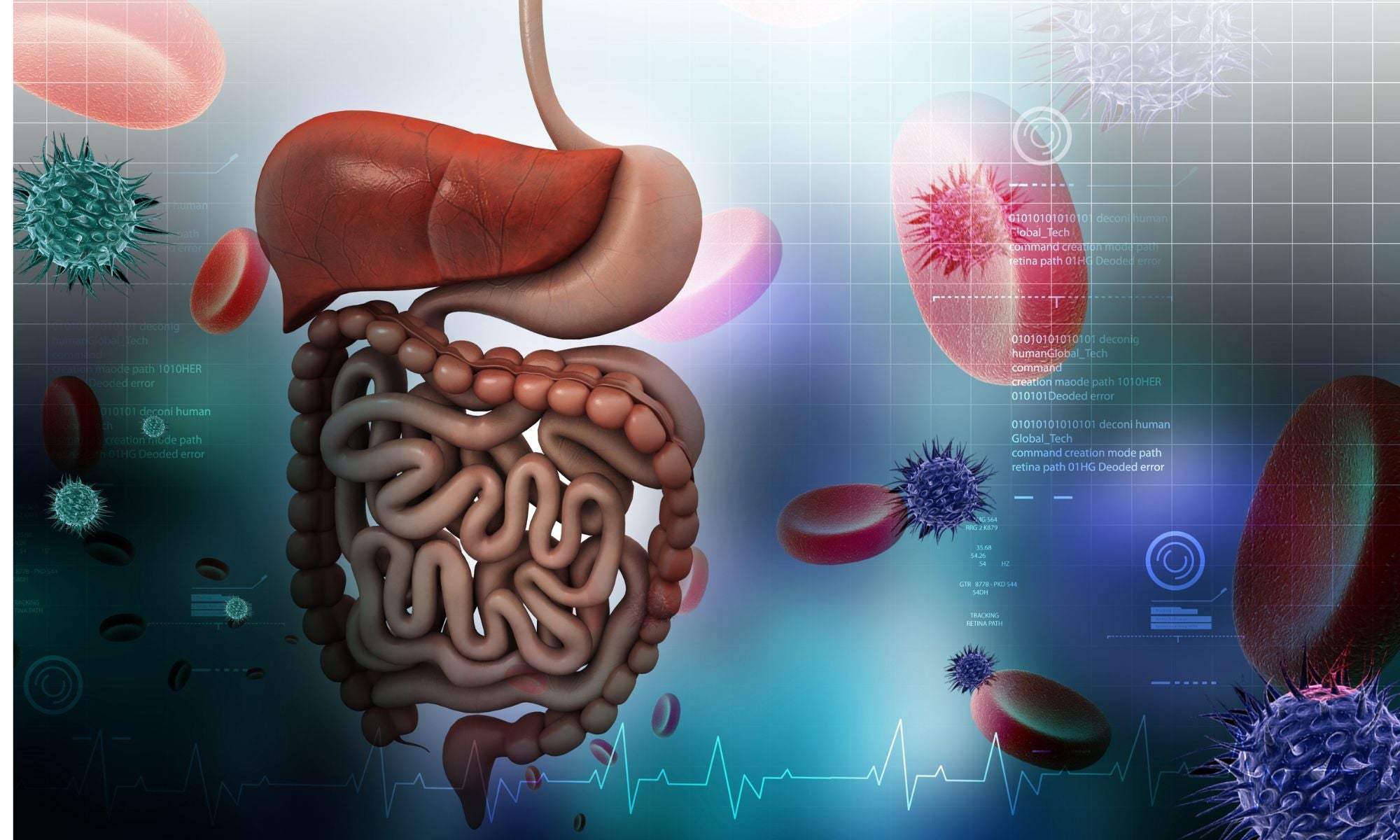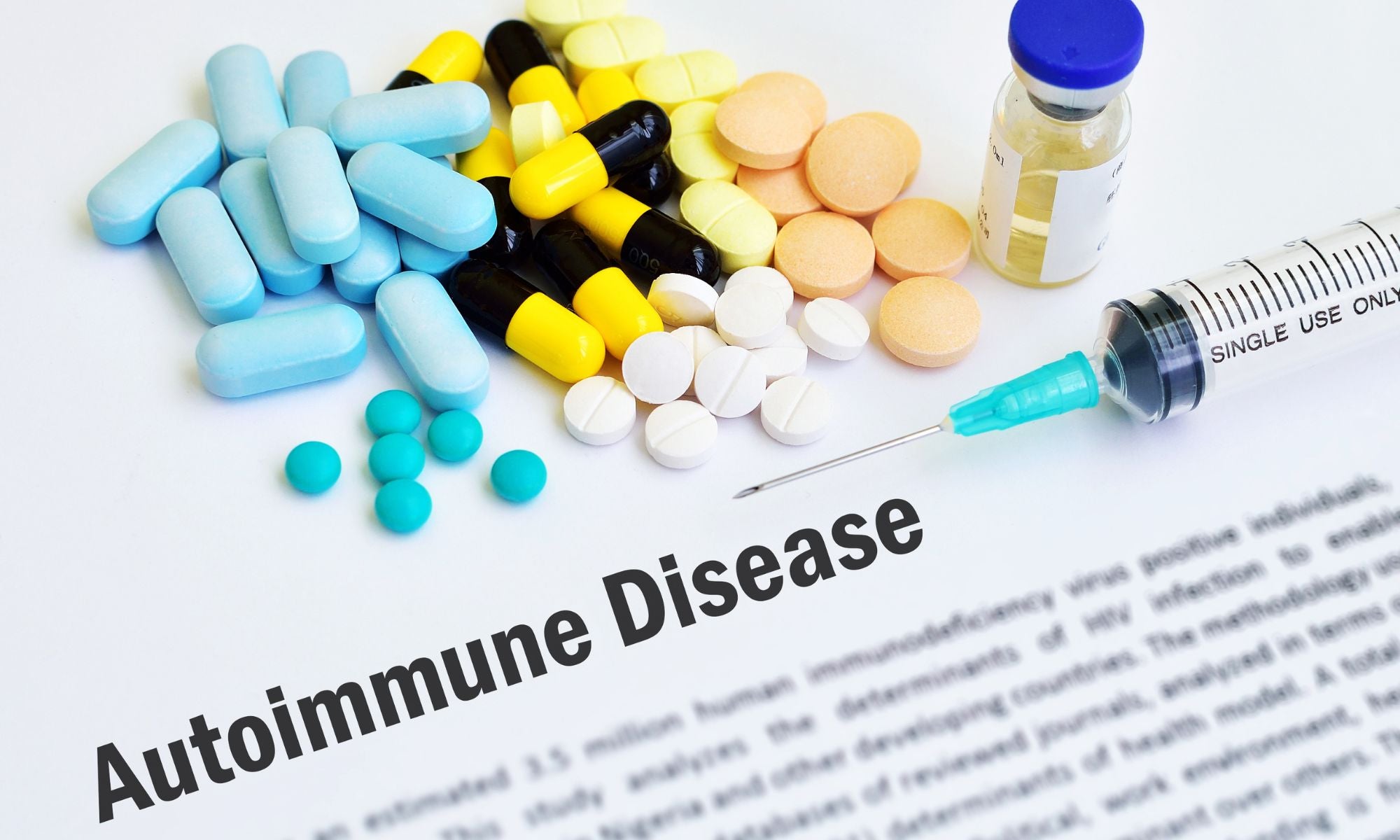
Digestive Problems: Causes, Symptoms, Prevention
Digestive problems are something many of us have dealt with at some point in our lives. But the truth is that digestive problems can signify something more severe and impact your quality of life.
GERD, gastritis, ulcer, diarrhea, IBS, and constipation are some conditions that affect your digestive system and cause pain or discomfort. While there are treatments for these conditions, it's important to know what causes them so you can prevent them from happening again—and ensure you're getting the proper treatment.
Causes of Digestive Problems
A variety of factors can cause digestive problems.
Bacteria in food are one of the most common causes of digestive issues. It's not just your stomach that's susceptible to bacteria—it can also be found in your intestines, especially if you're eating raw produce that hasn't been washed correctly. If you eat foods with bacteria in them, the bacteria will travel through your intestines and cause an infection. It can lead to diarrhea and other symptoms like nausea, vomiting, cramping or bloating.

Stress is another common cause of digestive problems. When stressed, our bodies release stress hormones that slow digestion and reduce peristalsis (the contraction of our intestines). This can lead to bloating and constipation if you need to move things along at an average pace!
Certain medications, such as antibiotics, can disrupt your gut flora and cause digestive problems like diarrhea and constipation. Other medications, such as birth control pills, may also cause changes in digestion due to hormone fluctuations which can affect how food is absorbed into your system.
Medical conditions such as Crohn's, Ulcerative Colitis, and IBS all cause inflammation in the gastrointestinal tract, leading to digestive issues such as diarrhea or constipation. In those cases, it's best to treat the condition rather than treat the symptoms of digestive problems. Your doctor can help guide you through this process.
How to Prevent Digestive Problems
If you have digestive problems, here are a few things you can do to reduce their severity:
- Eat slowly. Digestion starts in your mouth, so make sure you chew your food well and give it time to break down.
- Manage stress. Stress can affect your digestion, so take some time every day to relax and meditate or engage in activities that help you relax.
- Drink enough water. Water helps regulate bodily functions such as digestion, so drink plenty throughout the day (at least eight glasses a day).
- Chew slowly! Digestion starts in the mouth, so take your time chewing each bite of food until it's completely broken down before swallowing it.
- Add fiber! Fiber helps with digestion because it speeds up food movement through your digestive system by adding bulk and softness to your stool—so add lots of fiber-rich foods like fruits and vegetables into your diet!
- Exercise is one of the best ways to keep your digestion running smoothly. It helps your body produce good bacteria and eliminate harmful bacteria in your gut, which helps keep your digestive system healthy.
7, Eating whole foods like fruits and veggies is another great way to prevent digestive problems. Whole foods are less likely to cause an allergic reaction than processed foods and have more nutrients for your body to absorb.
- Getting enough sleep will help you stay alert and focused throughout the day—which means that you're less likely to eat something terrible for you because you're too tired to think straight!
Foods that are easy to digest

To keep your digestive system happy, consider adding these foods to your diet:
- Green leafy vegetables are rich in fiber and can help with constipation.
- Fermented foods contain probiotics, which help promote healthy gut bacteria and keep your digestion running smoothly.
- Lean meat is high in protein and iron, which help keep your blood sugar levels steady, so you stay energized throughout the day.
- Whole grains are full of fiber and antioxidants that can help prevent cancer and heart disease and give you energy!
- Fruits are chock-full of vitamins, minerals, antioxidants—you name it! They're great for keeping your immune system strong, so you don't get sick as often (or at all).
Conclusion
When it comes to digestion, the key is to eat the right foods and practice mindfulness. The most important thing is being aware of what you put in your body and how it affects you. If you're having digestion problems, start by eliminating any foods that make you feel bad and see how they affect your digestion over time.
Ultimately, we all have different bodies and unique ways of dealing with food. Learning about our digestion patterns and paying attention to what we put in our bodies is essential.
YOUR HEALTH SIMPLIFIED
When it comes to your health, the equipment you use makes all the difference, which is why Medisential sources only premium materials to develop products that are friendly to your body & free from any harsh chemicals. Our commitment to three core principles of quality, efficacy, and sustainability ensures you get the very best products on the planet.
Learn More












